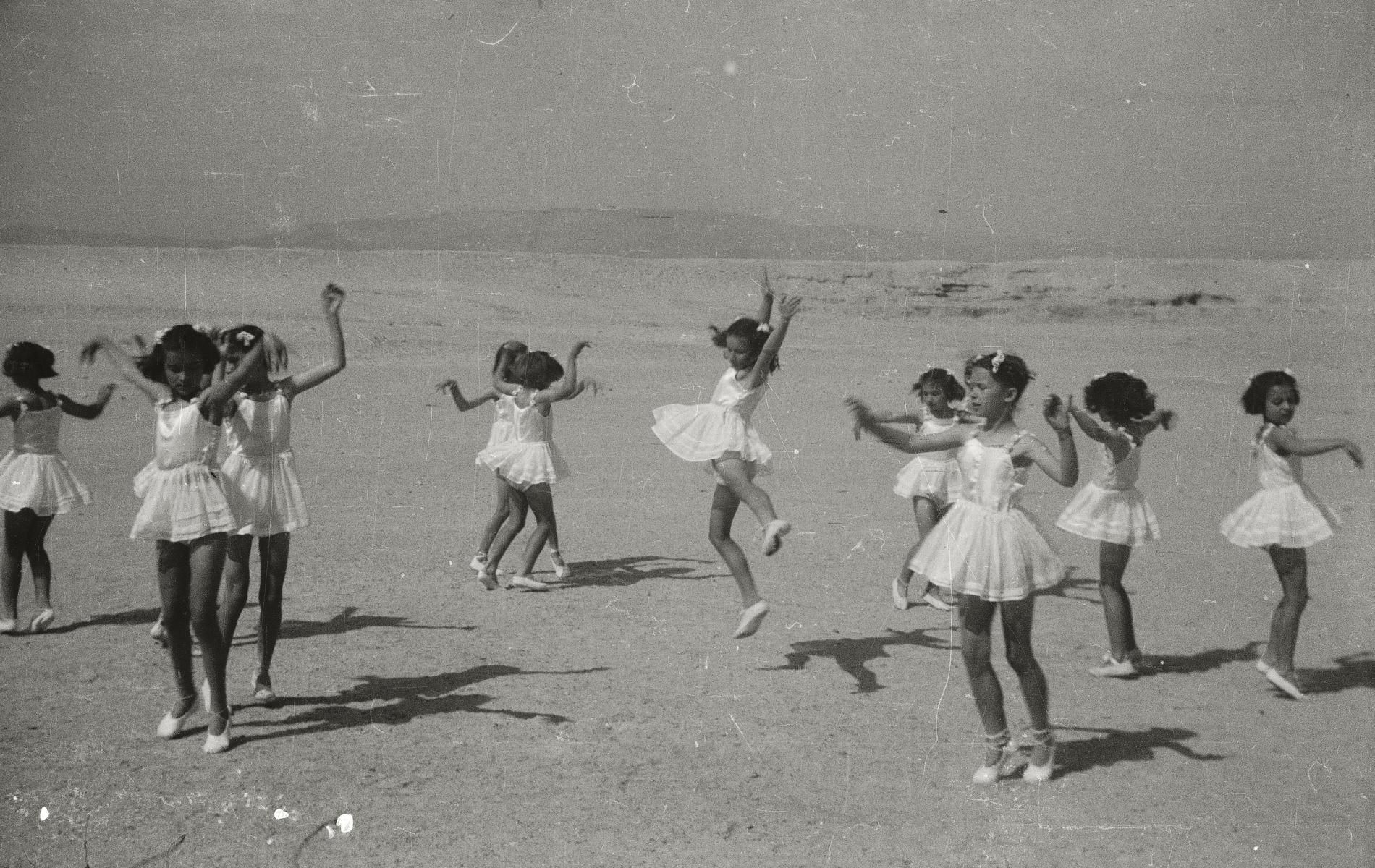Modern-day Cairo has a main highway leading directly to the Suez Canal named after Yugoslav leader Josip Tito, probably in the 1960s when the Arabic Republic of Egypt (then a spearhead of Arab Socialism) was a close ally of the Socialist Federal Republic of Yugoslavia. But even before this, 79 years ago, hundreds of Yugoslav refugees in Egypt chanted Tito’s name in partisan songs. Writer-director Ivan Ramljak tells the story of these refugees.
Ramljak tells the remarkable story of an idealistic adventure in which 28,000 Dalmatian Croats moved to colonial Egypt, where they were resettled by British authorities in 1944, creating a kind of utopian communal society. After the fall of Benito Mussolini in July 1943, Nazi Germany launched Operation Achse to prevent an Allied invasion from landing in Greece. Fearing retaliation by the Nazis, who targeted communities with anti-fascist partisan affiliations, families from Dalmatia fled their homes.
A deal between Tito’s Yugoslav partisans and British forces, who at the time occupied Egypt, allowed Dalmatian Croats to be transferred in boats first to Port Said and then in train cars to eastern Sinai overlooking the Suez Canal. English infrastructural buildings, other refugee camps, and faraway military bases surround this vast sandy land.
Ramljak shows the community as it starts to receive vaccinations and to set up the tents they will live in. They begin to unite as a people by cooking dishes from home like goulash, singing partisan songs, chanting Tito’s name, and communal organizing with a leftist emphasis. The latter includes workshops, communal kitchens, newspapers, theatres and hospitals, giving indeed a blueprint for self-administration via elected bodies and central committees.
In this context of solidarity, the film’s subjects also remember how Egyptians were ill-treated and beaten by British soldiers, and how friendship and interaction took place between the refugee community and the indigenous members of a colonized nation. In some cases, they offer Egyptian workers conscripted for labour by the British both food and medical assistance, despite the fact that the army banned them from entering the Egyptians’ camp.
The archival slide show is divided into three parts, and each is preceded by an enactment of a partisan theatrical performance, shouting slogans and reading newsletters. The performances are by the Ensemble of City Youth Theatre from Split, a group formed in El Shatt.
Ramljak’s remarkable and professional use of oral history gives the documentary a strong ethnographic identity, carrying a narrative that was shared by thousands of refugees. He provides them agency as they tell their own stories, but also allows them to relive their youth, visiting very intimate moments and romanticizing the communal experience, sometimes in a humorous way.
Testimonies from survivors, who were children then, are told via voice-over, accompanied by rich and extensive archival footage of the Dalmatian Croats, from their fearful exodus in 1943 to their sceptical yet excited return in 1946. Ramljak’s engaging storytelling merges the photogenic archive footage with intimate testimonies, allowing the audience to grasp not only the subjects’ everyday life but also the struggles and debates that came up in the camps.
The community, however, did not return to Croatia as a whole. Babies were born, while 900 Croats were buried in El Shatt due to a medication shortage. The community and their dead are commemorated by a monument and a graveyard guarded by an Egyptian custodian. El Shatt is not only a hidden chapter in post-war Communist history, but also in colonial Egyptian history, along with many other foreign communities and ethnicities.
Director, screenwriter: Ivan Ramljak
Producer: Tibor Keser
Co-producers: Iva Plemic Divjak, Mladen Kovacevic, Suncica Fradelic
Cinematography: Boris Poljak
Editing: Jelena Maksimovic
Costume design: Nevena Caklovic
Sound: Vladimir Živkovic, Miloš Drndarevic, Hrvoye Radnic, Suncica Ana Veldic, Diitrije Duric, Sergei Sokolov
Production companies: Horopter Film Production, Kompot, Kino Klub Split
World sales: marcella@splitscreen.hr
Venue: DOK Leipzig Documentary and Animation Film Festival (International Competition Documentary Film)
In Croatian, Arabic
96 minutes



